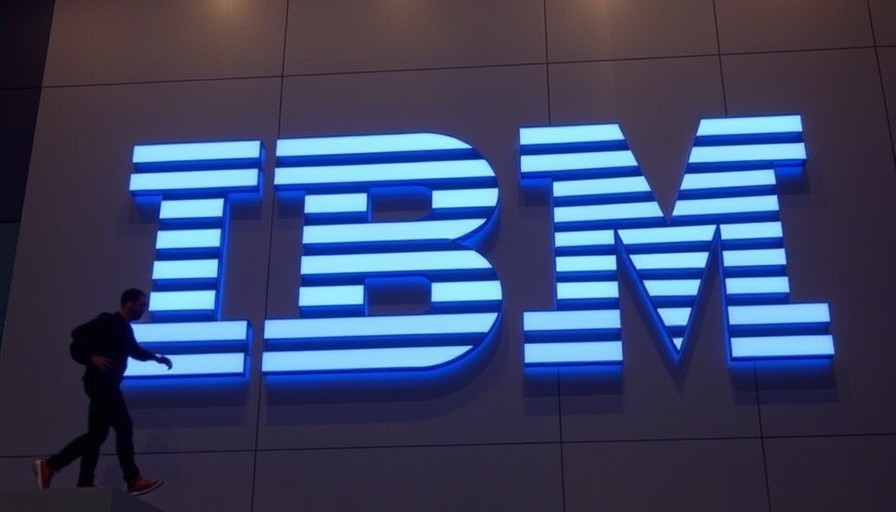
The AI Job Revolution: What Tech Giants Are Saying
The conversation surrounding artificial intelligence (AI) and its effects on the job market is becoming increasingly prevalent as major tech CEOs weigh in on the future landscape of work. Recent remarks by key figures like Nvidia’s Jensen Huang and OpenAI’s Sam Altman have highlighted a dichotomy in perspectives on job displacement and creation due to AI.
Jensen Huang's Optimistic Outlook on Employment
At the VivaTech conference in Paris, Jensen Huang emphasized that while it’s true that some jobs will inevitably become obsolete, he believes that AI will create new opportunities as companies become more productive. "Whenever companies are more productive, they hire more people," Huang stated. This perspective diverges from fears expressed by others in the industry, particularly Anthropic's Dario Amodei, who warned of potentially massive job losses as AI continues to evolve.
The Counterpoint: Dario Amodei’s Warning
Dario Amodei, the CEO of Anthropic, has painted a bleaker picture of the future, predicting that AI could lead to the elimination of up to 50% of entry-level white-collar jobs and push unemployment rates up to 20% within the next five years. This alarming projection echoes growing concerns among workers and students just entering the workforce who fear that AI could take away their opportunities before they even begin.
The Future Job Market: A Shift, Not an End
Sam Altman presents another intriguing viewpoint, acknowledging that while technological advancements will likely lead to the disappearance of certain job categories, they might also result in unexpected social progress. "Whole classes of jobs could go away, but the world will become so much richer so quickly that new policy ideas will emerge, shifting the way society functions," he predicts. This insight invites readers to consider a future where new roles and lines of work emerge as a direct response to technological innovation.
A Balancing Act: Embracing Change and Opportunity
In light of these differing opinions, individuals entering the workforce must be prepared to adapt to changes brought about by AI. Upskilling and acquiring new abilities will be key to successfully navigating the evolving job market. AI could potentially enhance productivity, leading to the creation of new job types that we cannot yet envision. Staying informed, developing relevant skill sets, and embracing lifelong learning may soon be necessary to thrive in this rapidly shifting landscape.
Why Understanding AI’s Potential Impact Matters
The debate over the implications of AI on jobs is not merely academic; it shapes the pathways for education, training, and government policy. As the leaders of major tech companies share their insights, workers and policymakers should weigh these perspectives carefully to prepare for a future where the nature of work continues to evolve dramatically. It raises critical questions: How can we ensure that economic advancements benefit everyone? How do we prepare future generations for a workplace that is adapting to new technologies and demands? These questions, while complex, are essential for constructing a society that is not only economically prosperous but equitable.
Change can be daunting, but it can also be invigorating. The narratives from industry leaders remind us that while challenges exist, opportunities abound. Understanding these dynamics equips us to co-create a more promising future in this AI-driven world. Embracing this change could be the catalyst for new innovations in fields we have yet to explore.
Ready to be ahead of the curve? Discover how you can make the most of AI innovations and secure your future career by checking out strategies at Prompt2Human.
 Add Row
Add Row  Add
Add 




 Add Row
Add Row  Add
Add 

Write A Comment